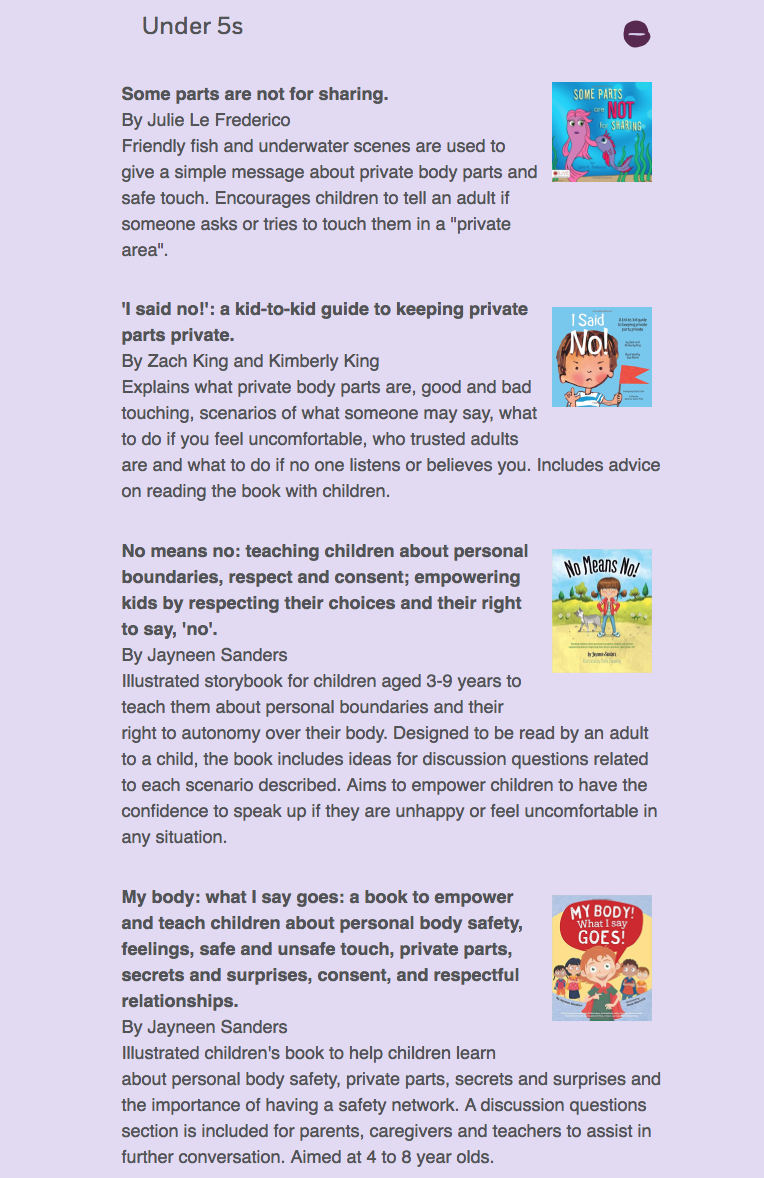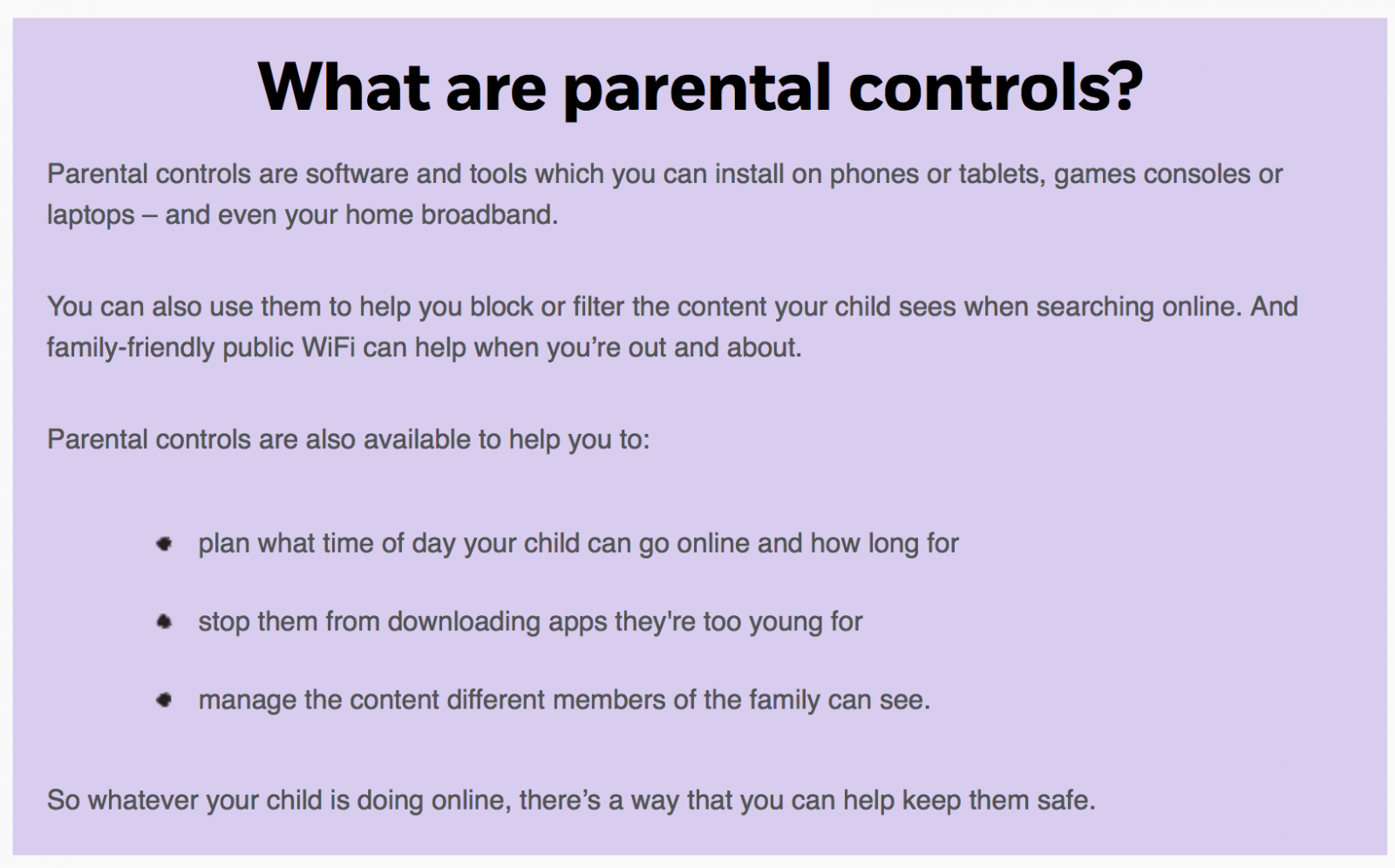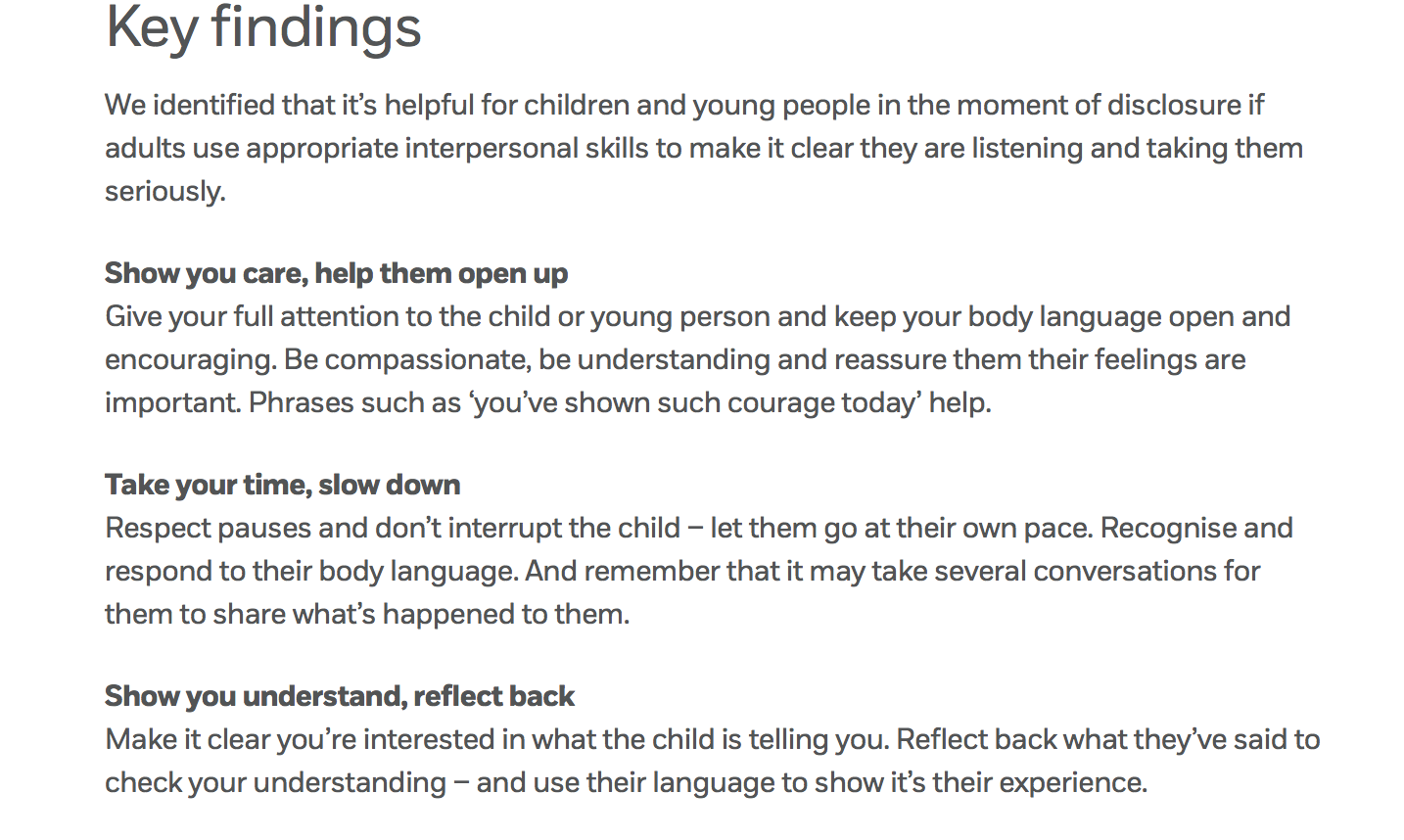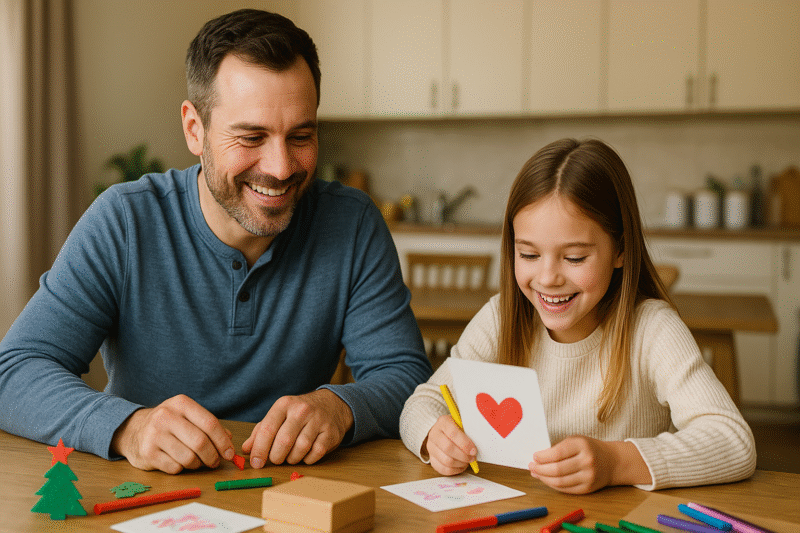Robert Broberg, Abducted in Plain Sight.
I tell you, I don’t know how we could have been so gullible when there were so many red flags. But I didn’t see the red flags.
Recently there has been an influx in documentaries about historic sex abuse involving high profile individuals. There have also been some astonishing true life crime series in which the whole family has been hoodwinked into being groomed by the perpetrator, as happened in ‘Abducted in Plain Sight‘. It is very easy to sit there as a parent (as I did) and think that it’d never happen to you because you would never put your child in that kind of danger.
But from Jimmy Saville to Larry Nassar if there is one thing we can learn from these horrific cases it is that it can and it does happen.
So how can we do our best to prevent it?
Teach Consent
One key way to prevent sexual abuse is to provide your child with the skills to understand what is healthy and normal behaviour and what is not. It can be incredibly powerful to teach your child about the issue of consent from a very young age. This means that if your child is in a situation when they recognise that they are doing something against their consent then they may feel like they are in a better position to confide in you about it.
One way to help enable this conversation is to teach your child the correct names for their body parts – this will ensure that there is never any confusion as to when there has been a situation involving predatory behaviour (‘the babysitter touched my flower’ is more ambiguous than ‘the babysitter touched my vagina’). The last thing you want is for your child to feel doubted if they are confiding in you – eliminate that doubt by giving them the words they could need.
Change your approach in terms of how your child is required to greet people. Never ask your child to hug or kiss someone who they don’t want to.
online pharmacy buy diflucan online best drugstore for you
Although you asking your child to ‘give granny a kiss’ is very different to ‘give me a kiss’ from a perpetrator of abuse to a child the subtle difference of someone with good intentions versus someone with bad intentions is not as clear. If they don’t want to do it then don’t make them do it. The last thing you want is for your child to habitually carry out affections they don’t want to engage in because it has been asked of them by a grown up.

One thing that is suggested by the NSPCC is to take a place-based approach. So to think through all the different places that your child spends time and all the places that abuse is likely to happen.
buy prednisone online https://www.epsa-online.org/wp-content/languages/new/prescription/prednisone.html no prescription
Online
The one that immediately springs to mind for me is online. It could be helpful to have the family computer, if you have one, in a communal space. If your child is able to access the internet on their phone it could be beneficial to place restrictions on when they can use it (perhaps not after a certain time) and also to use parental controls.

In supervised places
Make sure that every grown up who comes into contact with you child on a 1:1 basis (e.g. sports coach, music teacher, babysitter) has undergone the necessary police checks. Be aware of the safeguarding policy of the clubs that your children attend and make sure that there is a named person who implements these policies.
In other locations
Check on areas which are unsupervised but your child has access to. Poorly lit alley ways and unsupervised corridors. Be aware of the times your child may find themselves in these places.
There are, sadly, other places when your child could be in a position where they could be subject to abuse.
online pharmacy buy flexeril online best drugstore for you
buy propecia online https://www.epsa-online.org/wp-content/languages/new/prescription/propecia.html no prescription
As they grow older and are more likely to spend places unsupervised by adults with people who may be engaging in unhealthy behaviours (such as taking drugs or using alcohol) they may become less likely to engage with you about what is happening in their lives. Try to keep the conversation as open as possible with your child – as parents it is all too easy to shut a conversation down by passing judgement or out of concern.
Make sure that your child knows they can always talk to you about any concerns or gut instincts that they have and you are more likely to stop something sinister before it starts.
If your child should disclose something to you then use the below Key Findings (taken from research conducted by the NSPCC) to inform how you react:

The fact of the matter is that it is too late to prevent sexual abuse for the people whose lives have been made into real crime documentaries but it isn’t too late for you and your child to take steps to make it harder for your child to become a victim.
If you have been affected by the content of this blog post then you can contact Victim Support on:








